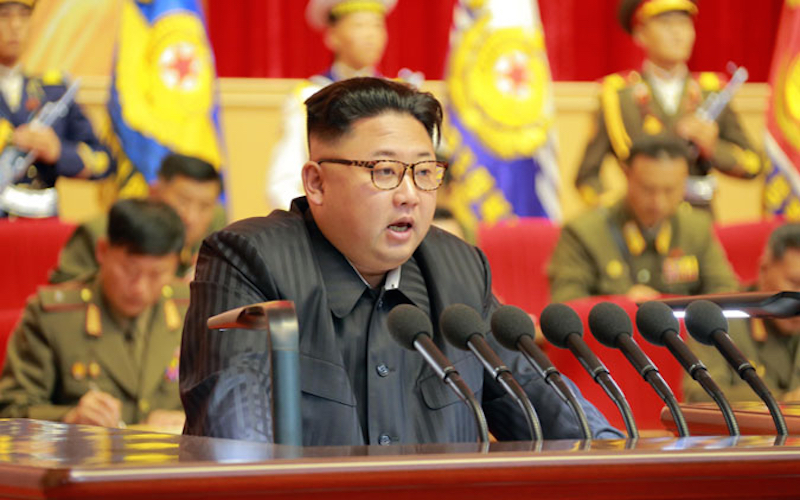
China Threatens Sanctions over THAAD Proposals
American deployment of the Terminal High Altitude Area Defense (THAAD) system on the Korean peninsula is causing mounting tension with neighboring China.
Outlined as a method of protecting the region from security threats from the Democratic People’s Republic of Korea (DPRK), the system was approved last year and is due for completion by the end of next year. It is designed to intercept high altitude missiles in response to increased DPRK ballistic testing and repeated assertions that they will not remove their nuclear arsenal. China has vociferously opposed the project from the start on the basis that its radar could be used as a surveillance method.
The site of the planned weaponry is in Seongju county in North Geongsang province, around three hundred kilometers from Seoul, with an x-band radar circumference of 1,200 kilometers, easily capable of detecting data on Russian and Chinese strategic missiles by monitoring their experiments in the region. The Chinese media has voiced its concern and accused the US of using THAAD as a method of supervising a “fictional” Chinese threat.
Chinese state media also argues that the system would be redundant in the event of an actual DPRK attack on the ROK as the DPRK would have no need for high altitude weaponry when a short-range rocket would easily reach its neighbor on the peninsula. The Chinese fail to mention that the ROK already has the proposed Patriot system which would shield against lower-altitude missiles, however it looks unlikely to be operational until 2023.
There are concerns that China could impose trade-restrictions on the ROK in a retaliatory gesture against the establishment of the defense system. Shares in the South Korean entertainment industry dropped this week in light of the South China Morning Post reporting that the Chinese media regulator is considering a ban on Korean TV programming and K-Pop artists.
According to Nam Chang-hee, international politics expert at Inha University, the recent cooling of Sino-ROK relations seem to indicate a break with Chinese attempts to bring the ROK “on the Chinese side away from the U.S.” China has adopted a policy of neighborly cordiality in recent years, however with the growing contention over the South China Sea territory and their increasing clamor over the THAAD project between the U.S. and ROK, China may find itself more diplomatically isolated in the region.
The THAAD debate is a microcosm of the nature of diplomacy in the region. Beijing has fiercely denounced the project in the media whilst remaining relatively quiet on the increasing threat of DPRK nuclear capabilities. China looks to pressure Seoul instead of applying serious pressure on Pyongyang and targeting the root of the instability, North Korean aggression. Beijing chooses how and when to enforce the UN sanctions placed on the Kim regime for its own financial and political gain and thereby undermines a united front against increased testing and aggression.
THAAD would undoubtedly help neutralize the success of a potential DPRK nuclear strike and as a question of ROK national security interests would be much needed protection given that their own proposed Patriot system is still a long way off. Chinese criticism comes after their rejected legal claims to the Paracel islands and a reduction in their economic growth. It is certainly possible Beijing’s considerable objection in their state media comes as a distraction from these ongoing well-publicized issues.
